
(844) 404-4588
24/7 Customer Support

24/7 Customer Support
$3,001.00 – $3,101.00
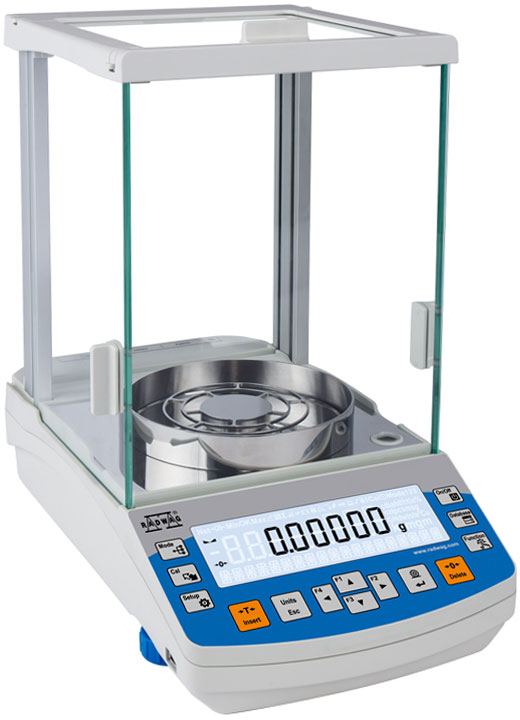
Radwag AS R2 PLUS series balances is a standard analytical weighing device of the SYNERGY LAB line. The AS R2 PLUS is exceptional due to a range of modern constructional and system solutions that guarantee reliability, precision and accuracy of measurement, and make everyday operation easy.
NTEP (National Type Evaluation Program) certification available in 7/2020.
Ergonomic Mechanical Design
The latest AS R2 PLUS analytical balance features spacious weighing chamber, and the open-door clearance facilitates easy access to the weighing pan. With this it is possible to use laboratory glassware of various sizes. New aluminium base is a guarantee for weighing system stability.
Dual-CLICK system allows tool-free assembly and disassembly of the weighing chamber, and a special design of guides for weighing chamber panes (no rims) makes keeping the device clean convenient. Innovative construction solutions increase balance durability and reliability in long-term operation.
Levelling System
Standard AS R2 PLUS balances are equipped with a levelling device located at the front of the weighing chamber, which facilitates level control. Levelling operation is now simplified and easier due to the reduced quantity of adjustable supporting points (2 points).
Internal Adjustment
Modernized internal adjustment system guarantees accurate indications in extremely unfavourable conditions.
Elimination of Electrostatics Influence onto the Weighing Result
Special antistatic pane coating eliminates the influence of electrostatics onto the weighing result.
*Antistatic coating has been applied in balances with the readability of d=0.01 mg
Intuitive Operation
Balances are equipped with LCD display ensuring clear presentation of the weighing result. Direct access to functions and databases is possible via the following keys:
AS R2 PLUS analytical balances signal operated working mode, computer connection, battery status, weighing and service functions via pictograms. The quantity of displayed weighing units is also expanded. Dedicated status bar enables display of additional messages, e.g. product name, tare value. Real-time mass measurement is presented using bar graph.
ALIBI Memory
Data safety is ensured by the ALIBI memory integrated into AS R2 PLUS balances, which enables record of up to 100 000 weighings. ALIBI guarantees continuity of data collection over a long period of time.
Data Protection
Access to valuable information is possible after logging. The administrator manages the data access configuration.
Databases
The information system is based on 5 databases, which allows several users to work with several product databases, and the registered weighing results can be subject to further analysis.
The data is registered in 5 databases:
Communication Interfaces
The functionality of AS R2 PLUS balances can be expanded using the following communication interfaces: USB-A, USB-B, RS 232, Ethernet, Wi-Fi (option). The additional USB port located at the front of the balance enables easy and fast communication with the USB flash drive, it is possible to connect additional devices via this port too.
AS PLUS balances are equipped with Kensington Lock, which allows to secure the device against theft.

AUTOTEST: Diagnostic function aiming at metrological parameters determination (repeatability), the parameters are determined for the actual conditions of use. When speaking of repeatability it may be also used for weighing time optimization. Autotest is operated in an automatic mode thus operators time is saved.
DOSING: Weighing process for which reference mass has been determined together with tolerance for its determination. Dosing tolerance is given in [%] and it is calculated in relation to the reference value thus being a permissible deviation of this process. This solution is used for weighing powders, liquids and loose materials. Dosing function performance is often supported with bargraph – load indicator. For industrial scales it is possible to use a control systems of dosing process.
PERCENT WEIGHING: Percent Weighing function is used for comparision of measured products with mass standard. Mass of a mass standard may be a numeric value taken from a database or it may be determined through a measurement process. Each measured product is compared to mass standard, mass of which is presumed as a model 100% ideal mass. For products weighing less than the mass standard, obtained results are lower than 100%, for products weighing more, the obtained results are greatly exceeded.
TOTALIZING: Function adding new mass value to already obtained one. This allows to determine mass content of the mixture, being a composition of number of different consistence components. Totalizing is limited by maximum capacity parameter.
PARTS COUNTING: Function using mass measurement for determination of measured items quantity. Mass of a single item is required for this process. It may be either estimated through weighment or taken from a database. For items counting the following algorithm is used: all items mass / single item mass = quantity. Function operation is supperted by a mechanism of Automatic Correction of Accuracy. This allows to update single item mass in course of the process. To a certain extend Automatic Correction of Accuracy eliminates error which may be a result of different mass values of seemingly alike single elements. For industry solutions items counting may be simultaneously carried out with checkweighing and dosing thus industry solutions feature audio signalling base informing that specified number of items has been weighed. It is possible to apply weighing systems using few platfroms of different MAX capacities and different accuracies.
PEAK HOLD: Function registering the greatest temporary indication occurring in course of the weighing process. It is most often used in medical scales in order to hold the measurement indication.
STATISTICS: Statistiscs function registers and analyses performed measurements. This supplies the user withthe following information: Max and Min standard deviation, average value, variance, range et.
CHECKWEIGHING: Checkweighing function is used for checking whether the measured sample mass is within the predefined threshold values, Low [LO] and Hgh [HI]. The thresholds are given in [g] and [kg] units. Current state of a sample being measured is signalled by means of pictorgams located on a display for laboratory balances, for industrial scales Stackligt System is used. This visual +/- inspection is in operation during segregation, control or packing process of products for which mass has bees determined with a specifaied tolerance, eg. 12860 g 961.
UNDER-PAN WEIGHING: The solution enables weighing with use of a stand, which is advisable for loads of non-standard shapes and dimensions and those that generate magnetic field.
GLP PROCEDURES: Diagnostic function allowing to objectively document performed measurements. GLP procedures may be either presented in a short report form or extended one.
ANIMAL WEIGHING: Process of mass determination for a product which may unwillingly reposition within the weighing pan. Mass determination in such cases requires much longer period of time when compared to typical weighing process. It is the user who defines period of time needed for control of measured product mass. The user can thus optimize the function depending on the measured product characteristics.
DENSITY DETERMINATION: Liquid or solid body density function uses the Archimedes principle and it requires a special kit to be applied. The kit when used, replaces a weighing pan. For solids mass of the sample must be determined first in the air, next in the liquid of specified density. For liquids the so called sinker, density of which has been determined, must be measured first in the air, next in the tested liquid. The density determination process is disturbed by air bubbles which may stick either to the measured sample or the sinker. In case of laboratory equipment very light solids may be measured. For industry, solid bodies density may be determined by means of under-pan weighing. Tested load of significant size may be measured this way.
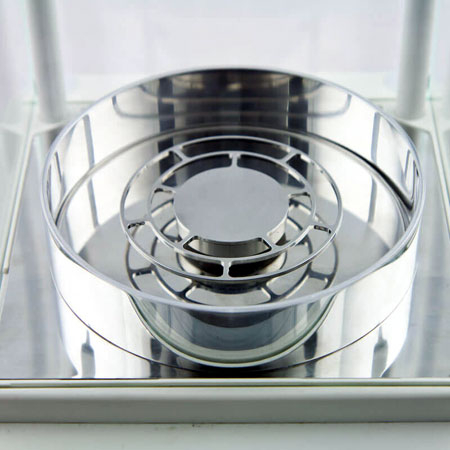
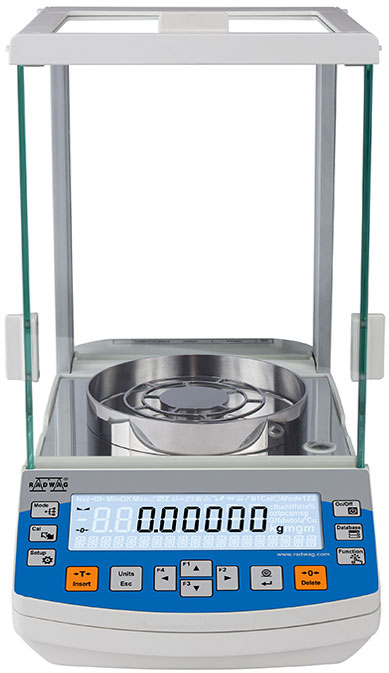
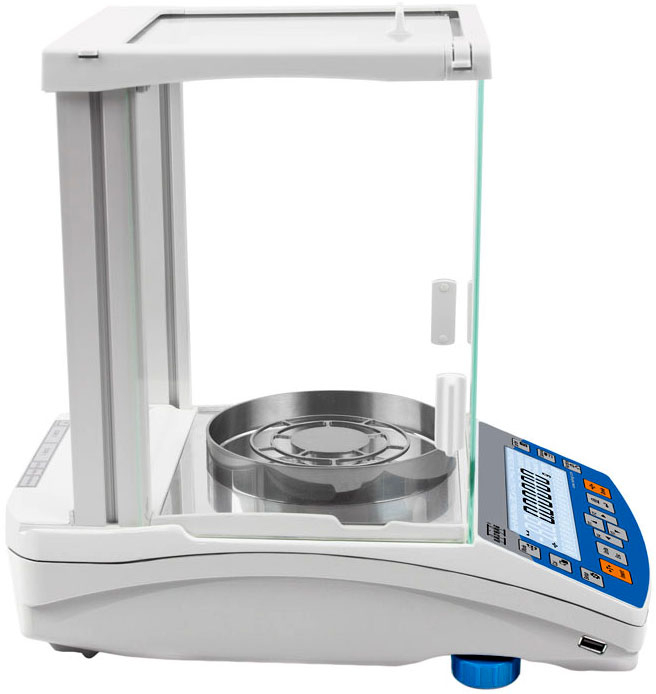
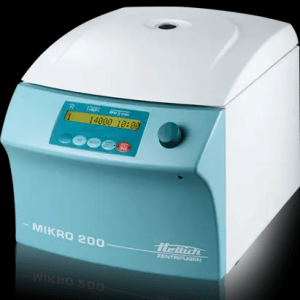
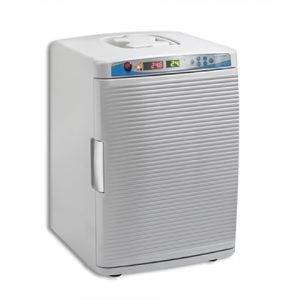

Our team of professionals is dedicated to supplying the highest quality and safest products in the industry. We look forward to working with you and your team in the future. If you have any questions or comments you may email us at sales@scisolinc.com or call us at (844) 404-4588.
